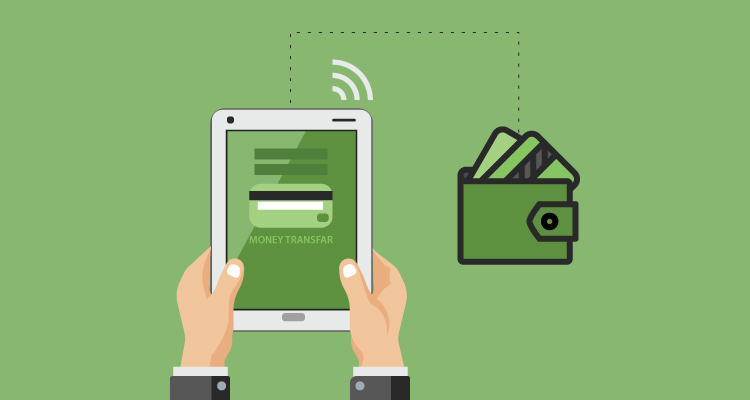If you haven’t separated your business finances from your personal finances yet, you’ll want to move that up to the top of your list.
Keeping personal and business finances separate can help you stay organized and provide plenty of peace of mind especially around tax time. If you’ve legitimized your business and became an LLC or S-Corp, keeping your finances mixed will cancel out any legal protections that come with having one of these entities.
I made the mistake of putting off separating my finances for almost a full year. The best time to get started is when you get your first payment and start making money. Here are a few tips to help you keep personal and business finances separate.
Table of Contents
Toggle1. Open a Business or Separate Checking Account
You can’t fully separate your personal and business finances if you’re keeping everything in the same bank account. You want to open a business checking account so you can deposit for your revenue and manage business expenses all in the same place.
Some banks have strict requirements for business checking accounts. For example, PNC Bank requires you to have a minimum of $5,000 deposited into your account each month or maintain an average daily balance of $1,500 to avoid a monthly maintenance fee.
If you’re not sure if you can meet the bank’s requirements for a business checking account, simply start by opening a second personal checking account. You can treat it just like your business checking account and separate finances while you grow your business.
2. Consider Opening a Designated Business Credit Card
Most people skip this step after creating their separate business bank account. However, if you’re still making business-related purchases on a personal credit card, you’ll want to consider getting a business credit card as well.
You’ve probably already taken the time to build your credit score which allows you to get quality credit cards, mortgages, loans. As a business owner, you’ll want to have a separate business credit score in case you ever need to use business credit to expand, finance equipment or materials, etc.
An easy way to do this is by getting a business credit card. You can use it to pay business expenses and pay the bill off from your business checking account. This way, you keep business finances separate from personal finances, build your business credit, and perhaps even earn some rewards. American Express, Capital One, and Chase all have great business credit cards you can consider using.
3. Pay Yourself a Salary
If your business provides a full-time income, you’ll want to make sure you’re paying yourself a salary to cover personal expenses. If you have an S-Corp business, you can pay yourself a salary just like a regular employee.
If you have an LLC or Sole Proprietorship, you can draw funds from a portion of your business revenue. Most business owners typically limit their wages to 50% of their business profits. Remember, you need to set aside money to pay taxes and also cover important business expenses including compensating your team members.
Create a personal and business budget so you can determine how much you need and do a better job at keeping finances separate.
4. Set Up Automatic Transfers to Keep Savings Separate
Don’t forget to separate savings for your business. If you need to make an unexpected purchase to keep operations running smoothly, will you take funds from your personal emergency fund? What if that leaves you with very little money to cover a family emergency expense?
It’s best to have some business savings to fall back on to protect your personal finances and keep things separate. If you’re pricing your products and services for profit, you can take a small percentage of your earnings and transfer it into high yield savings account for your business.
Summary
Keeping personal and business finances separate is often easier said than done, but it pays off in the end. Keeping finances separate is something all successful business owners do and it can give you more peace of mind and structure while you focus on building your business and making money.















